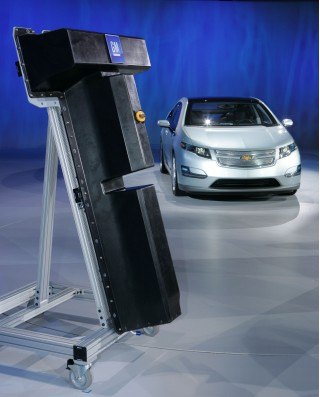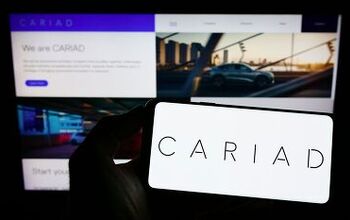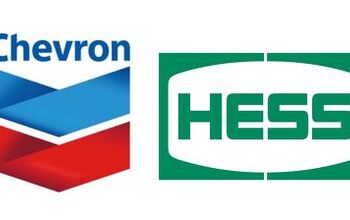Korea Invests $12.5b In Li-ion Battery Sector
With analysts already worrying about Lithium-ion battery oversupply in Japan and the US, the Korean government is shaking up the sector even more by announcing an investment of 15 trillion won ($12.5b) in the country’s battery sector. Called “Battery 2020 Project,” the money will be spent on building up Korean R&D capabilities, with the goal of improving the country’s ability to source Li-ion components. Korea currently imports many of the components needed for its domestic battery industry, and according to Yonhap, this investment will seek to develop Korean sources for up to 75 percent of the battery industry’s components by 2020. A government official explains:
South Korea’s Samsung SDI and LG Chem already control 38 percent of the market, but actual percentage of local parts and technology used to make these products stand at less than 20 percent
So what’s the problem? By 2015, EV battery supplies are projected to be somewhere in the range of 200 percent of overall market demand for EVs themselves. Though over-investment will help drive down the price of batteries, potentially improving demand for EVs, there’s little business sense underlying the environmentally-motivated rush to fund the Li-ion industry. And Korea is hardly the only country spending big bucks on the EV battery sector: The US has spent billions over the last several years in retooling loans for companies like Tesla and Fisker, as well as stimulus money and DOE grants to battery makers.
In fact, one of the firms receiving a healthy amount of US government support is the Korean firm LG Chem, which received about $150m in DOE grants to build its $300m Holland, MI plant. Indeed, President Obama is in Michigan today, touting his administration’s investment in firms like LG Chem. But, like the larger Detroit auto industry that Obama is so anxious to support, America’s battery industry is starting behind its Asian competition, and with this Korean investment, it will need more government money just to keep up. And when prices for Li-ions drops further, somebody is going to have to take a bath. The way things have been playing out for the last several years, it would come as no surprise to find out that the big loser here (again) was the American taxpayer.
More by Edward Niedermeyer
Latest Car Reviews
Read moreLatest Product Reviews
Read moreRecent Comments
- Golden2husky The biggest hurdle for us would be the lack of a good charging network for road tripping as we are at the point in our lives that we will be traveling quite a bit. I'd rather pay more for longer range so the cheaper models would probably not make the cut. Improve the charging infrastructure and I'm certainly going to give one a try. This is more important that a lowish entry price IMHO.
- Add Lightness I have nothing against paying more to get quality (think Toyota vs Chryco) but hate all the silly, non-mandated 'stuff' that automakers load onto cars based on what non-gearhead focus groups tell them they need to have in a car. I blame focus groups for automatic everything and double drivetrains (AWD) that really never gets used 98% of the time. The other 2% of the time, one goes looking for a place to need it to rationanalize the purchase.
- Ger65691276 I would never buy an electric car never in my lifetime I will gas is my way of going electric is not green email
- GregLocock Not as my primary vehicle no, although like all the rich people who are currently subsidised by poor people, I'd buy one as a runabout for town.
- Jalop1991 is this anything like a cheap high end German car?


































Comments
Join the conversation
so where on Earth are these metals being mined? buying up the rights or mines could the smart thing, one can make -remake these batt but when u pay thru the nose for metals u are going to be screwed!
The Korean government spends billions making sure it gets a big piece of the next manufacturing pie. Meanwhile, back here in the US we can only seem to agree to spend money on wars.